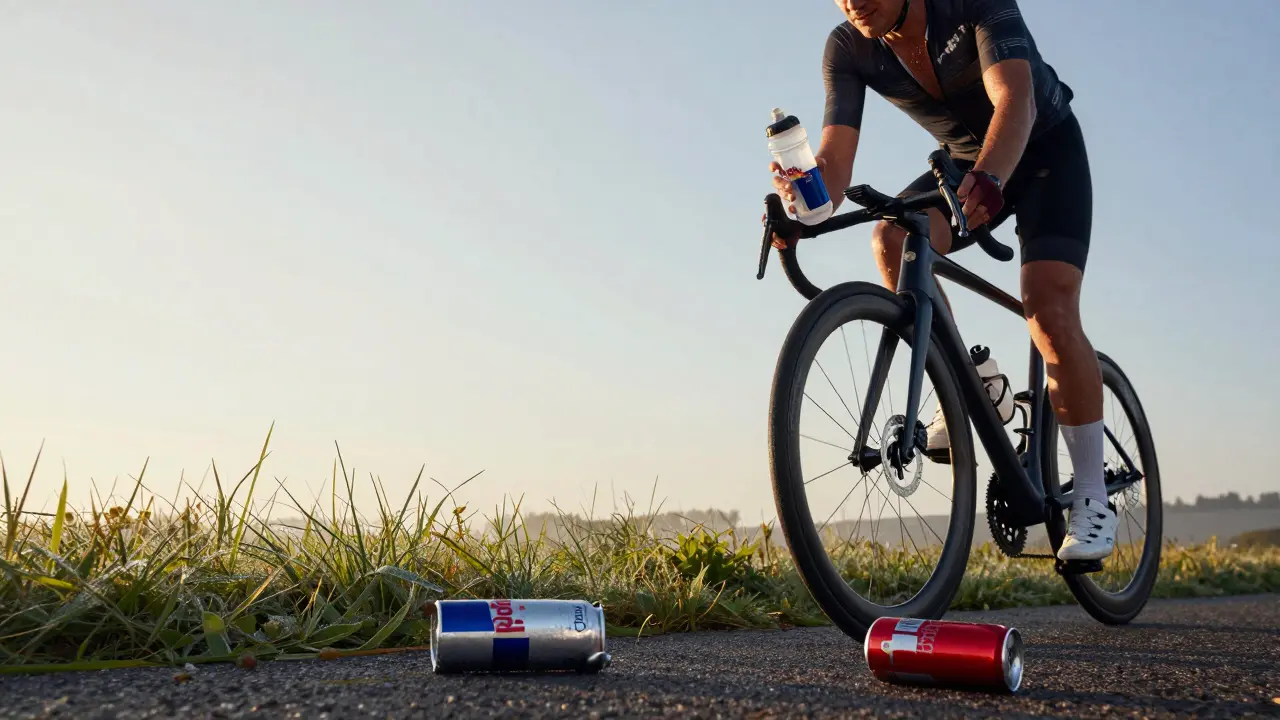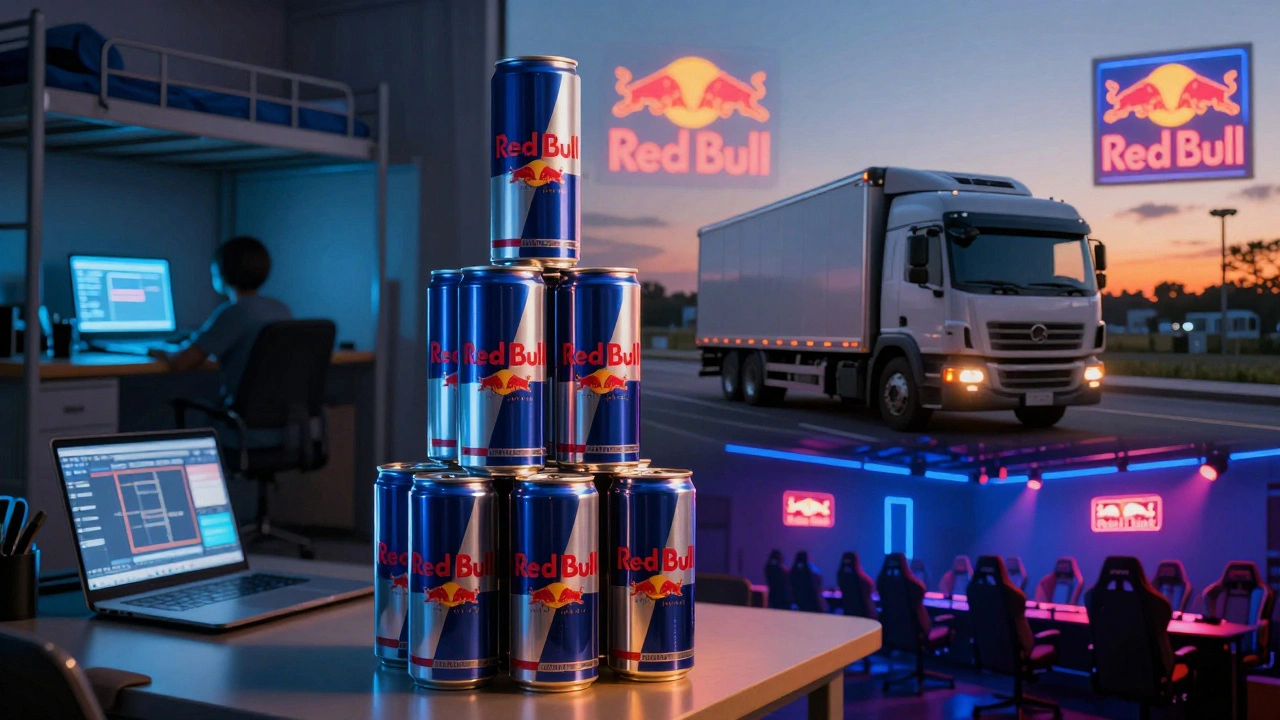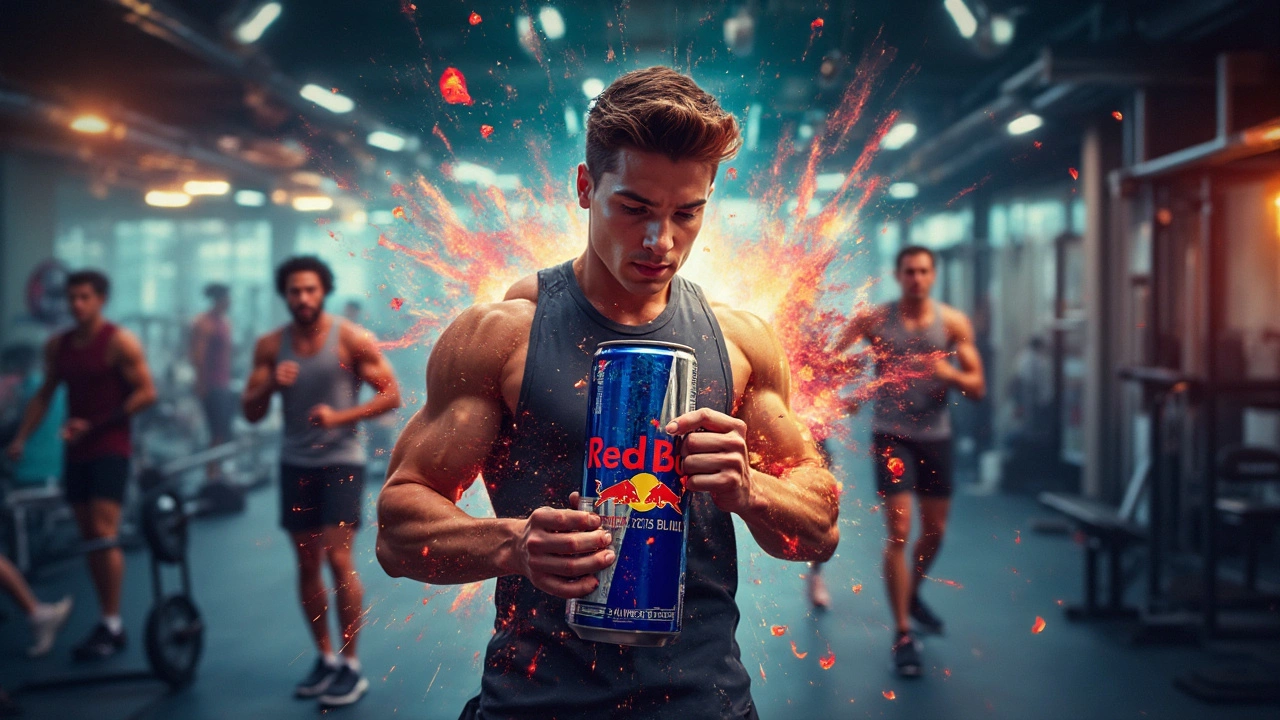Red Bull Energy Drinks: What You Need to Know
Red Bull is one of the most popular energy drinks out there, known for its bold marketing and that quick energy boost. But what’s really behind the hype? If you’ve ever wondered how Red Bull works or if it’s safe to use before workouts or a busy day, you’re in the right place. We’re breaking down the facts, debunking some common myths, and offering practical tips on using Red Bull smartly.
How Does Red Bull Give You Energy?
The key players in Red Bull’s formula are caffeine, sugar, and a few other ingredients like taurine and B vitamins. Caffeine stimulates your brain and central nervous system, which helps you feel more alert and less tired. Sugar provides a quick fuel spike, though it can lead to a crash later if you’re not careful. Taurine and B vitamins are often included for their supposed energy and focus benefits, though research shows their effects aren’t as strong by themselves.
So, when you grab a Red Bull, you’re mostly counting on a caffeine kick to get you through. Remember, a can usually contains about 80 mg of caffeine—roughly the same as a cup of coffee—but it hits your system faster because of the liquid sugar.
Common Myths About Red Bull and Energy Drinks
One big myth is that Red Bull causes instant and dangerous spikes in your heart rate. In reality, moderate consumption typically doesn’t cause serious health issues for healthy adults. Problems usually arise when people mix energy drinks with alcohol or consume way beyond recommended amounts. So, if you’re drinking Red Bull by itself and not pounding several cans, your heart is probably fine.
Another misconception is that all energy drinks are created equal. Red Bull is actually one of the more studied and regulated brands, with transparent ingredients and caffeine levels. Some off-brand or regional energy drinks may have higher or hidden stimulants, so it’s smart to check labels carefully.
Lastly, people often say energy drinks hydrate you. That’s not true—many energy drinks have caffeine, which is mildly diuretic and can contribute to dehydration if you don’t drink water alongside. If you're active or working out, never rely solely on Red Bull for hydration.
In short, Red Bull can help you stay alert and power through tough moments, but use it wisely. Keep an eye on how much caffeine you consume daily from all sources to avoid jitters, headaches, or sleep problems. And always balance energy drinks with proper hydration and nutrition to get the best from your busy days and workouts.
Red Bull isn't a true sports energy drink-it lacks electrolytes and hydration support. While caffeine gives a mental boost, sugar crashes hurt performance. Here's what athletes really need.
Red Bull is the number 1 energy drink in the world, selling over 8.5 billion cans annually. Learn why it leads the market, what’s in the can, and how competitors stack up in 2025.
Exploring whether Red Bull, a popular energy drink, influences testosterone levels in athletes. With its high caffeine content and other ingredients like taurine and B vitamins, there's curiosity about its effects on hormone levels. This article dives into scientific findings, potential effects on athletic performance, and provides practical tips for those considering Red Bull as part of their regimen.



